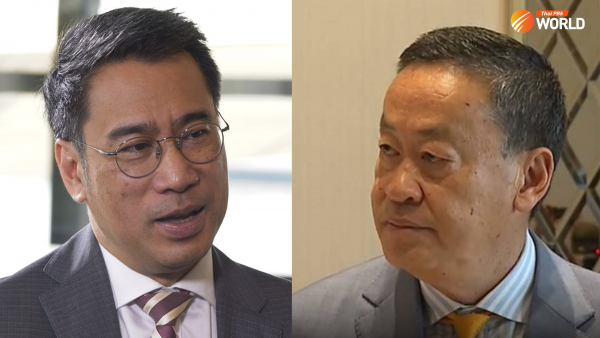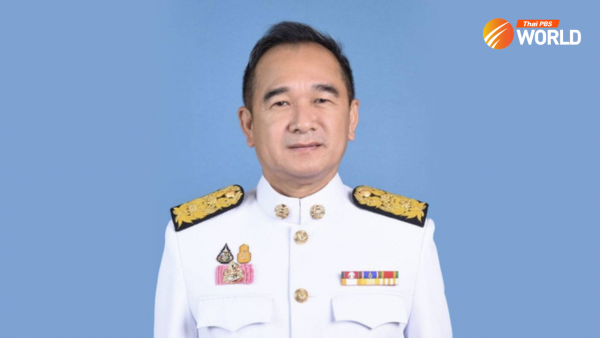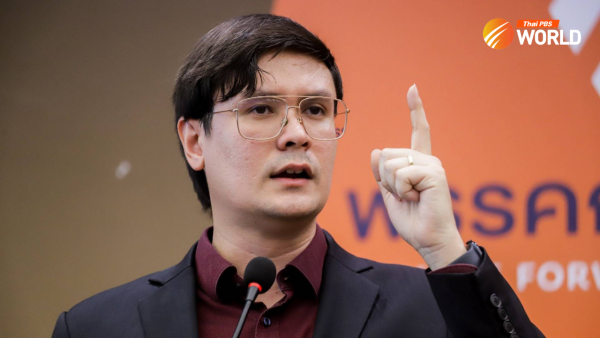What if Prayut steps down?

The deadline arrives today (Saturday) for Prime Minister Prayut Chan-o-cha to listen to the anti-government protesters’ demands and step down, but it is very unlikely the embattled premier will cave in.
However, in an apparent fit of wishful thinking, some critics are speculating on scenarios if he does quit.
The student-led demonstrators handed a mock resignation form to Prayut through his representative after marching from Victory Monument to Government House on Wednesday (October 21) night. They also threatened an escalation of protests if their demands were not met. Prayut’s resignation is one of their three core demands, the others being changes to the Constitution and reform of the monarchy.
So, what if Prayut does decide to sacrifice himself to end the escalating conflict? Or what if he is forced to quit if his coalition partners – Bhumjaithai, the Democrats and others – withdraw support?
Who will succeed the general who rose to power six years ago with a coup?
The Constitution permits a non-MP to be appointed as prime minister, provided the candidate is included in the party list of PM candidates. The candidate then needs the votes of more than half of MPs and senators, or 376, to take over as premier.
The first scenario sees six candidates from government and opposition blocs.
In the opposition camp, three candidates from the biggest party, Pheu Thai, could vie for nomination, namely Khunying Sudarat Keyuraphan, Chadchart Sittipunt and Chaikasem Nitisiri. The first two candidates may possibly be ruled out since Pheu Thai leader Sompong Amornvivat has already hinted that Chaikasem will get the nod.
Kao Klai, the reincarnation of the now-defunct Future Forward Party, has no obvious candidate as its former leader and definite PM contender Thanathorn Juangroongruangkit is now banned from politics.
On the government’s side, Bhumjaithai Party leader and Public Health Minister Anutin Charnvirakul has emerged as a possible successor to Prayut, critics said.
Another candidate is former Democrat leader Abhisit Vejjajiva, who has resigned as MP but is eligible because he features prominently in his party’s PM list.
And what about Prayut, the sole PM candidate of coalition leader Palang Pracharath Party? Will he be eligible to be reappointed?
Legally? Yes, provided he wins more than half of the votes from both Houses.
Plausibly? Yes, given the fact that he has overwhelming support from the so-called “Senate party”, or the 250 military-appointed senators whose votes put Prayut in the premier’s post even though Pheu Thai won the most seats in last year’s election.
Legitimately? Doubtful, because he is at the centre of the conflict and his reappointment will escalate anti-government protests, given that his resignation is one of the protesters’ core demands.
“It wouldn’t make sense for him to resign only to be re-appointed,” Somchai Srisutthiyakorn wrote recently.
“[The public] should not be concerned if there is no one to succeed [Prayut]. Anybody in this country would be a better PM than Prayut,” said the former election commissioner.
However, if Parliament fails to vote in any candidates from the PM lists, a second scenario can rise. A two-thirds vote or 500 from both Houses is necessary to pave the way for a candidate outside of the party lists.
In this scenario, Palang Pracharath would almost certainly nominate a candidate from its own party rather than allowing someone from its coalition partners to succeed Prayut, critics said.
Yuthaporn Issarachai, a political scientist from Sukhothai Thammathirat Open University, said this scenario may see the nomination of Palang Pracharath leader and Deputy PM General Prawit Wongsuwan or Interior Minister General Anupong Paochinda.
“Palang Pracharath is known as the junta-party, and letting candidates from other parties [succeed Prayut] will only weaken the junta regime,” Yuthaporn added.
By Thai PBS World’s Political Desk






